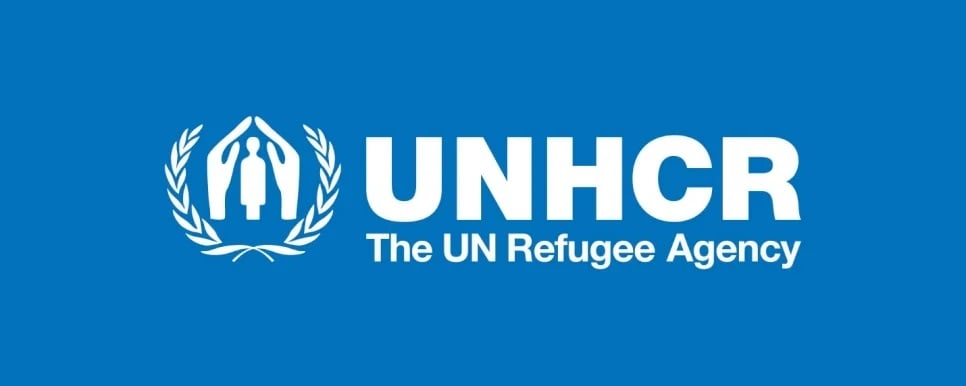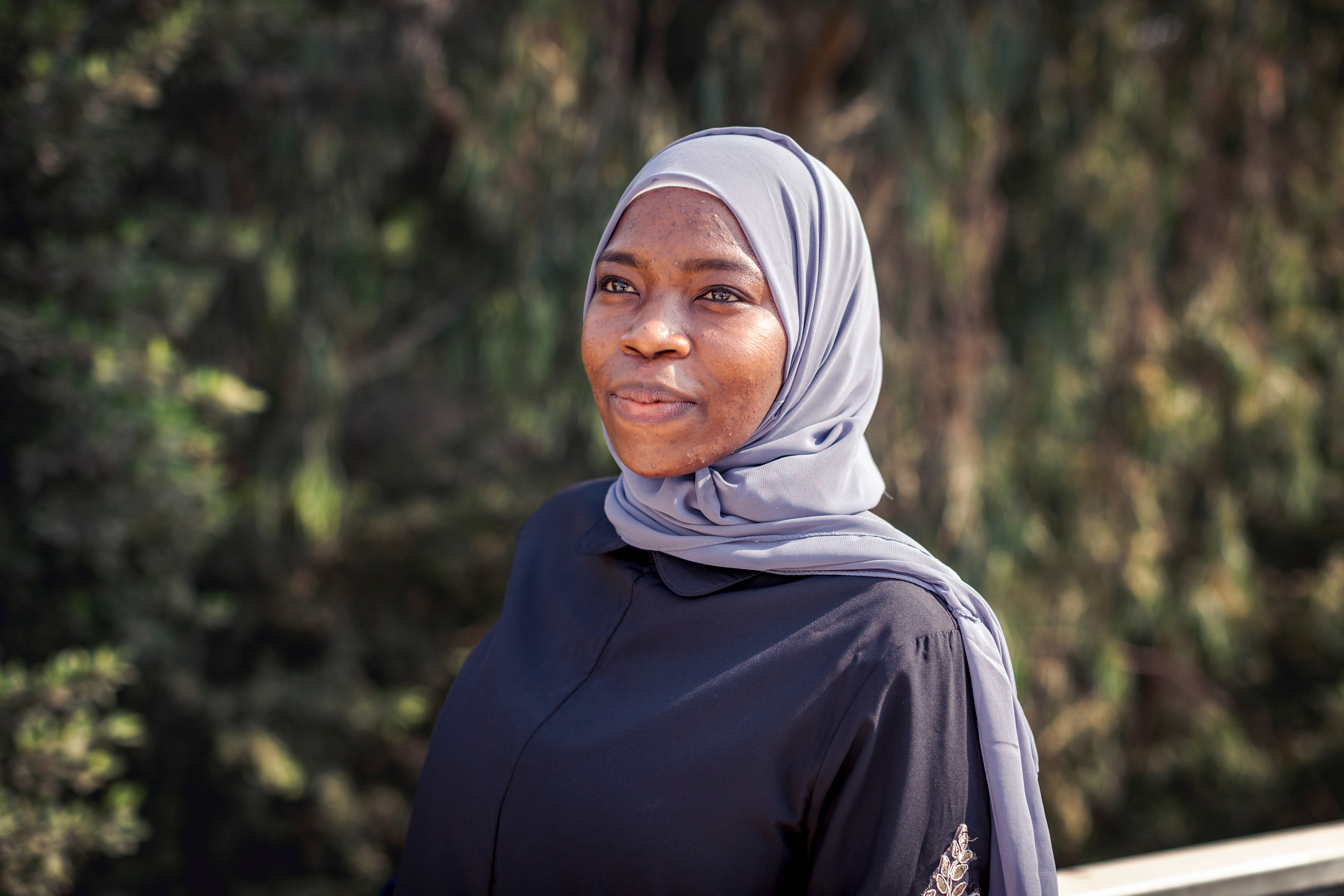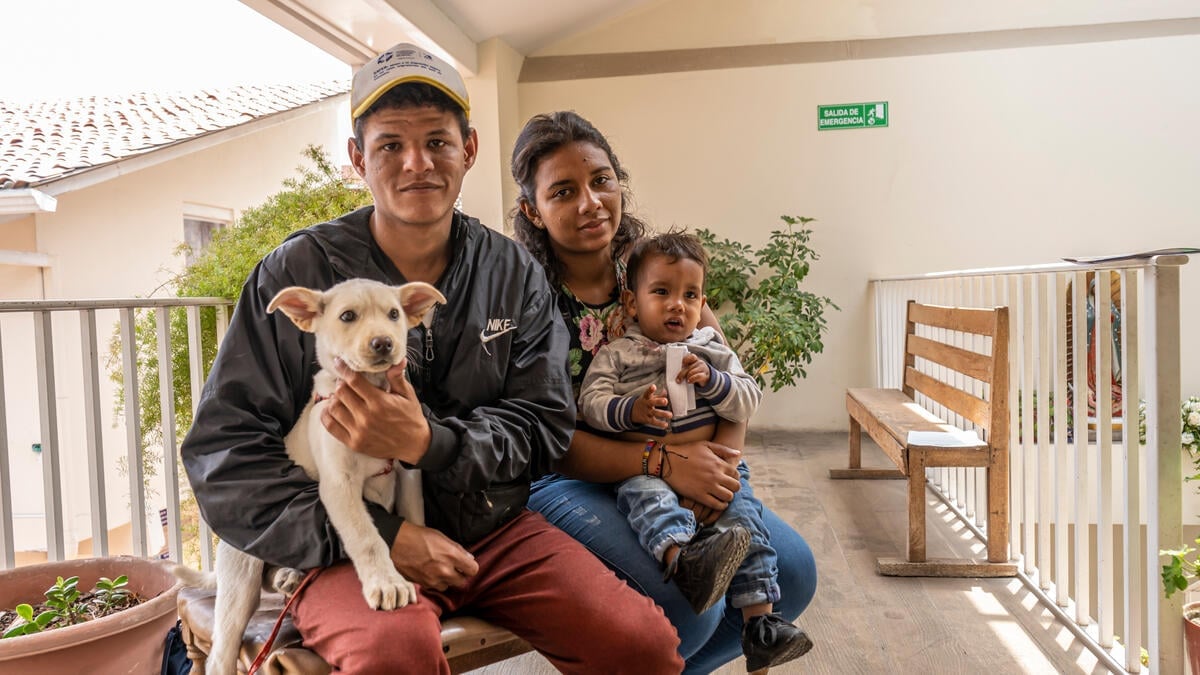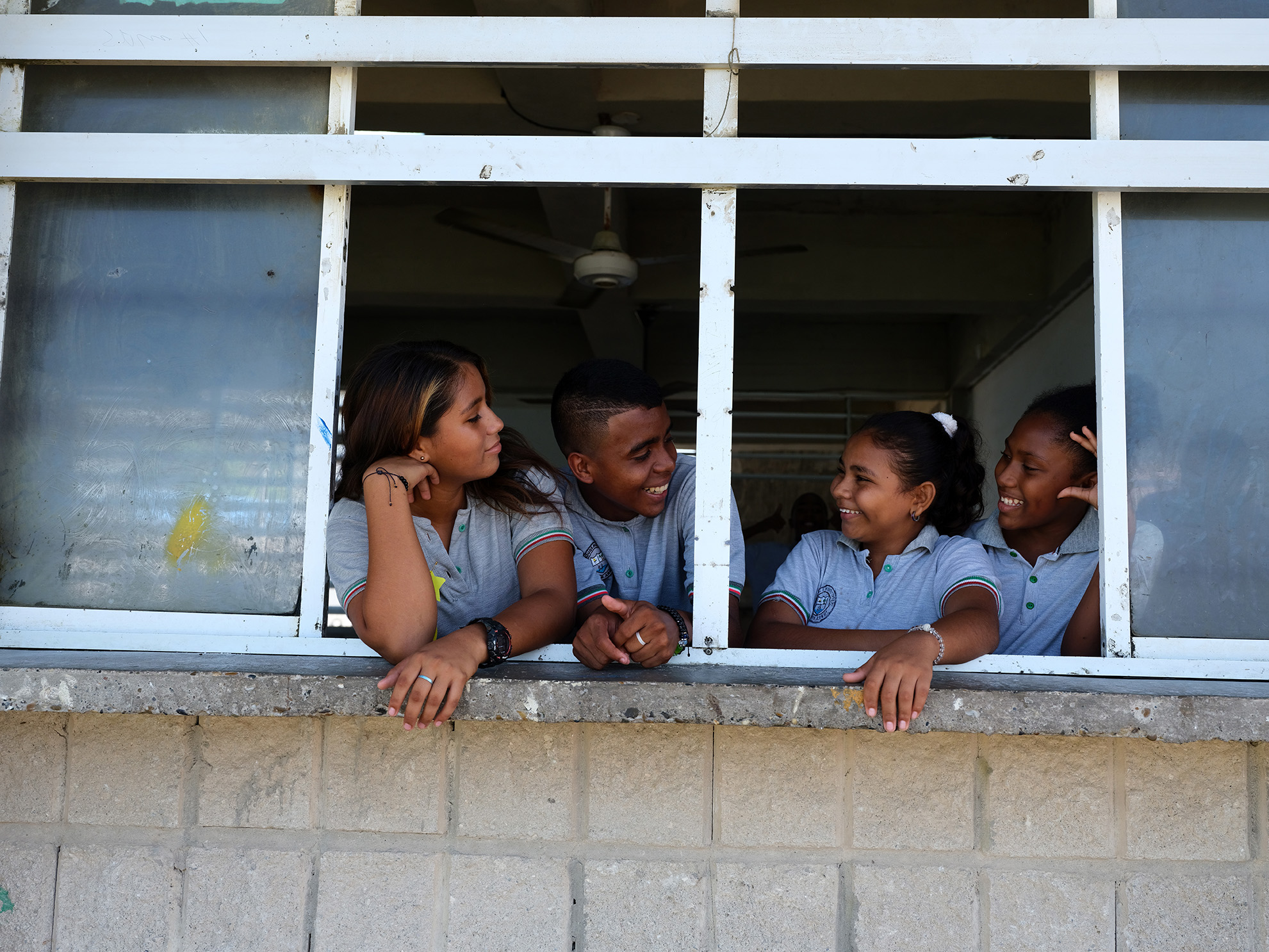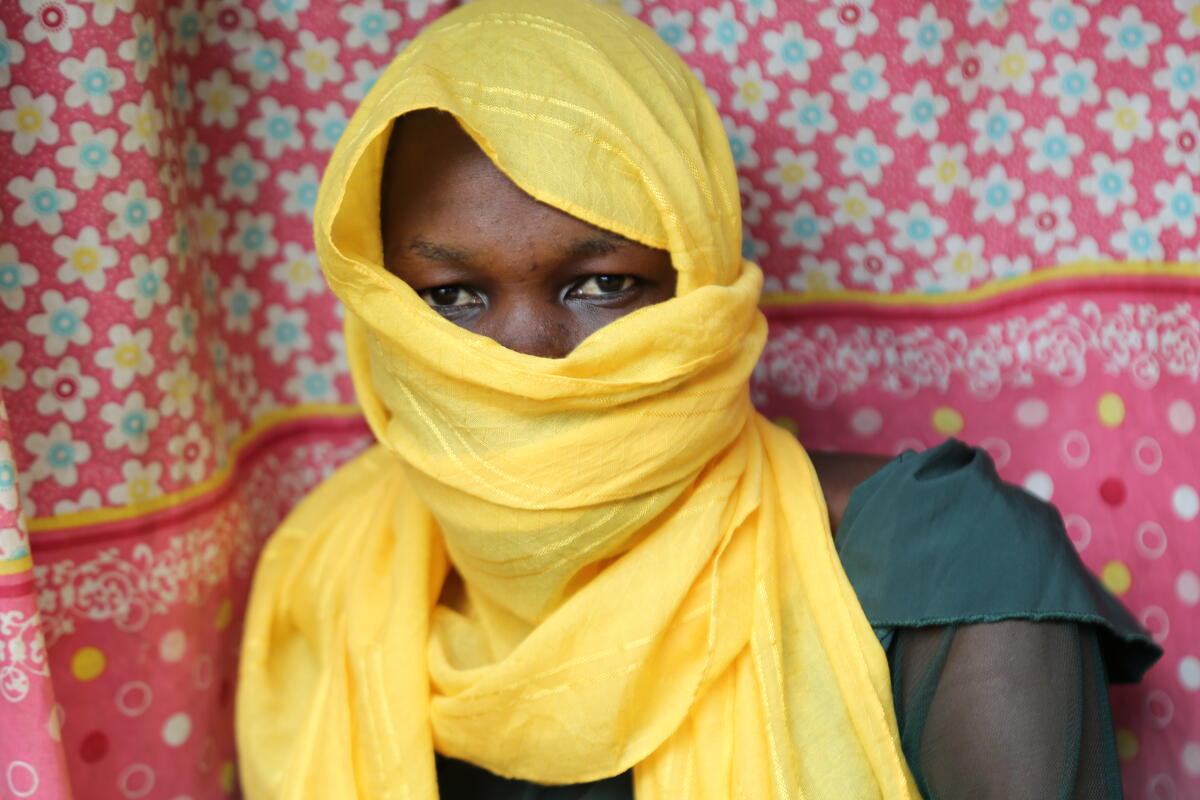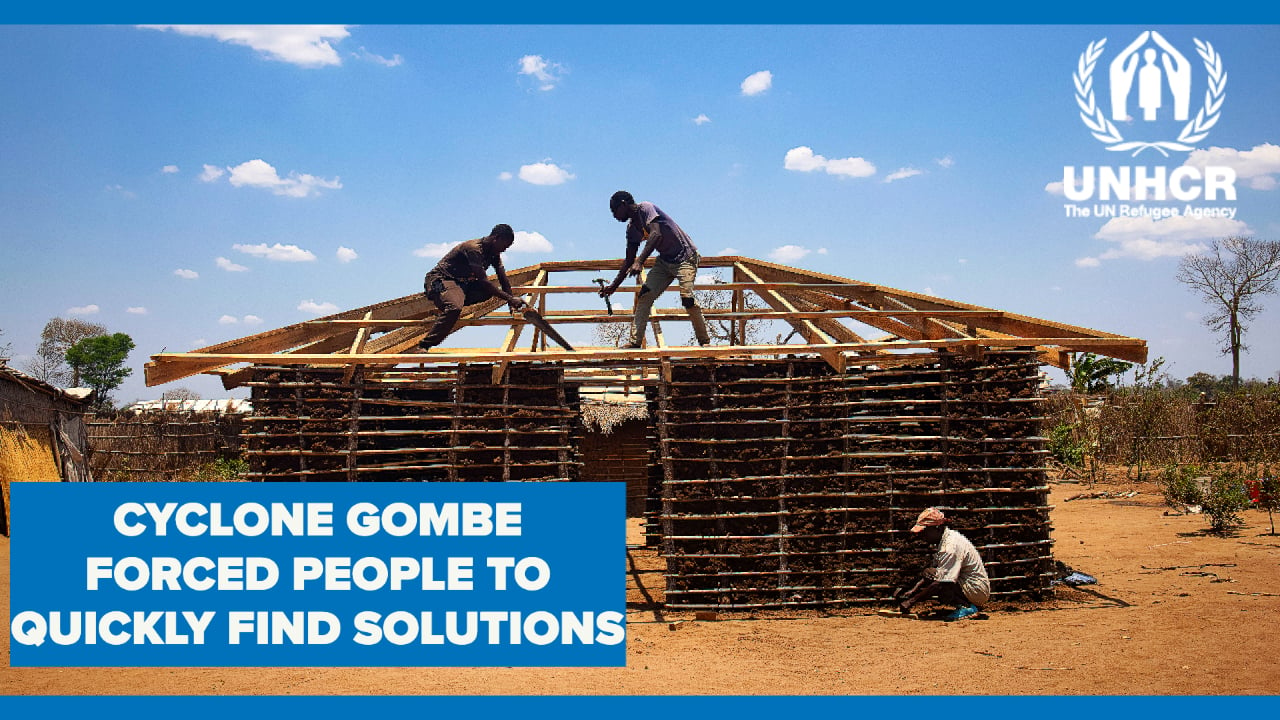Honduran teachers unite to save education system

Honduran teachers unite to save education system
In the hills above the Honduran capital, a typical school day is underway. The voices of hundreds of elementary school students echo through the little courtyard connecting classrooms.
One class is reciting their multiplication tables. Another is repeating words in English. But beneath the appearance of normalcy is an education system under threat.
“Just this week a boy from the secondary school disappeared,” one of the teachers whispers. They say he dropped off his younger sister at school three days ago and has not been seen since. His parents are too scared to report that he is missing. The teachers are too. There is a simple reason: street gang violence.
“The 18th Street gang controls this neighborhood but MS-13 controls the neighborhood directly above and below us so it’s pretty conflictive here,” says Dolores,* the deputy headmistress at the school, which teaches elementary classes in the mornings and secondary in the afternoons.
“Just this week a boy from the secondary school disappeared.”
The rival gangs, known as maras, are fighting for turf where they run rackets ranging from extortion to drug dealing. Criminal incidents around schools remain unreported as family, friends or witnesses fear that gang members will come after them.
This school in an informal community above Tegucigalpa – one of dozens of irregular, marginalized neighborhoods that sprang up after a hurricane displaced thousands of people two decades ago – is a microcosm for the deterioration of Honduras’ education system.
Enrollment at the school has fallen from more than 300 to around 180 in just a couple of years as gangs prohibit many children and youngsters from entering the neighborhood where the school is located. Gang recruitment and drug addiction hit local teenagers hard. The school is understaffed and short on supplies. A once useful technology room is now filled with broken computers.
And of course, there is the violence faced by students and teachers alike in the local area, ranging from sexual assault to murder. In addition, some of the parents of pupils are in prison, while the teachers themselves face extortion and threats, leaving them feeling powerless.
“It really hurts to see all these problems and not be able to do anything but what other option do we have?” Dolores asks.
She is not alone. Teachers across Honduras are overwhelmed. “We are exhausted and worn down to the point of literally becoming sick, physically or mentally,” says Reyna Rodriguez, a secondary school administrator from Tegucigalpa. “In this fight, it feels like both our hands and our feet are tied.”
“We are exhausted and worn down to the point of literally becoming sick, physically or mentally."
Despite the exhaustion, Rodriguez has partnered with two other school administrators, Daisy Zelaya and Carlos Garcia, to speak out in a campaign in support of teachers from hundreds of schools across Honduras.
“We can’t just stand here with our arms crossed and do nothing,” says Garcia.
The campaign started when UNHCR, the UN Refugee Agency, in coordination with Save the Children, began a survey of public schools. The initial aim was to look at 23 schools in the capital to understand what teachers went through and how UNHCR could support them.
But as numerous teachers lined up to be heard, the survey expanded to 253 different schools in the capital and more than 2,300 throughout the country. As work to address their concerns began, Rodriguez, Garcia, and Zelaya were chosen to be the spokespeople for the wider group.

The first takeaway from the survey was that educators feel they have nowhere to turn when faced with threats, sexual harassment, extortion and physical assault.
“The thing we heard first, and then heard over and over again, is that teachers feel like they are alone, like they have no one backing them,” says Lorena Nieto, UNHCR’s protection officer in Honduras.
Rodriguez says reporting students to police is not an option as she puts herself and her entire school at risk. It could be a death sentence, even if their gang involvement was forced.
Teachers try to support students to deal with their distress. But few schools have counselors, nurses, psychologists or other support staff. So Rodriguez recently sat down with a student who had been kidnapped by a gang, together with a companion. He was forced to watch as the gang murdered and mutilated his friend. Rodriguez was the only person he could turn to for support.
“What am I supposed to do in the face of that? I can listen but I don’t have the tools to help someone like him,” she says.
Another major takeaway from the educator survey was the impact of declining funding and resources each year.
“If we don’t prioritize investment in schools ... we can’t expect anything to ever change."
Class sizes are growing, with up to 50 students per teacher. Adding to their challenges, teachers are asked to instruct students with special needs alongside the general population. The few after school activities on offer are taken by staff on their own initiative, without compensation.
“If we don’t prioritize investment in schools and continue to invest primarily in the military and police, we can’t expect anything to ever change,” says Garcia.
Under a comprehensive regional support and protection programme developed by UNHCR and regional governments - known by its Spanish acronym MIRPS - the Government of Honduras is committed to “formulating and implementing a prevention and protection strategy for schools” by 2020 within the Ministry of Education.
With UNHCR support, teachers have begun working to improve safety and conditions in schools. First, UNHCR is helping them develop protection measures and security protocols both for staff and the students themselves. They are creating communication networks among themselves and school administrators to report issues and warnings to protect teachers and students.

Through a partnership with Doctors Without Borders, dozens of teachers have been trained in psychological first response for students struggling with effects of violence. UNHCR officials have trained teachers how to protect themselves, students or families that have been displaced by violence.
And the leaders of this teachers’ group, Rodriguez, Garcia and Zelaya, plus a dozen others across the country, are developing proposals for improving schools, including a country-wide protocol for dealing with violence and threats within schools. The three recently met with the deputy minister of education to discuss the state of public schools and work with government agencies to formalize protection measures for the displaced within the school system.
"We know that without better education, our country will never advance.”
Given the risk levels in the school environment, the government has established response mechanisms that include the increase of security forces presence in critical schools. Recently, it was launched the “securing education” programme, with support for violence prevention from the United States.
“We know we have a huge responsibility in educating the new generations of the country, but it’s hard to do it well with the current state of things,” says Rodriguez. “But we also know that without better education, our country will never advance.”
*Some names have been changed for protection purposes





